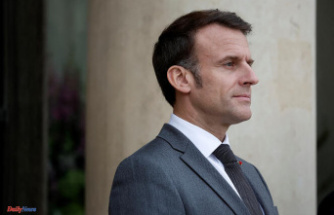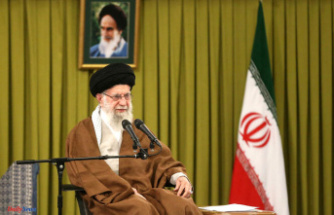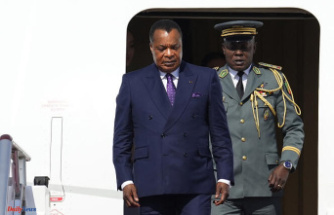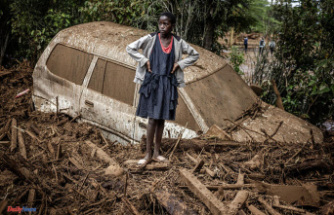Gütersloh/Schwerin (dpa/mv) - According to a study by the Bertelsmann Foundation on early childhood education, the staffing in crèches and kindergartens in Mecklenburg-Western Pomerania is insufficient. "Mecklenburg-Western Pomerania will have enough daycare places by 2023 to meet the parents' needs. However, the staffing in the majority of the groups is not child-friendly, so that the educational mandate cannot be implemented for most children," said Kathrin Bock -Famulla, an expert in early childhood development at the Bertelsmann Foundation, in Gütersloh on Thursday.
In purely mathematical terms, a specialist in the northeast would have to look after around six daycare children or around 13 kindergarten children, it said. These are significantly more than the ratios of 1 to 3 in daycare centers and 1 to 7.5 in kindergartens recommended by the foundation. According to the study, the country therefore needs 9,200 additional specialists, which corresponds to approximate additional expenditure for personnel costs of over 456 million euros.
However, the study positively emphasizes both the high number of childcare places overall and the high childcare rate for both daycare and kindergarten children. 58 percent of the under-threes are housed in a crèche, which is the highest rate in all of Germany. In kindergarten, the proportion of all children in the country is 95 percent.
In order to improve the situation in the short term, the Bertelsmann Foundation recommends hiring assistants in the areas of housekeeping and administration in order to relieve the pedagogical specialists. Overall, according to the recommendations, the range of tasks of the employees should be reduced to the essentials. "Politics must answer the question together with practice and also with parents: What can be done without without violating the children's right to education and a good upbringing?" says Bock-Famulla.












